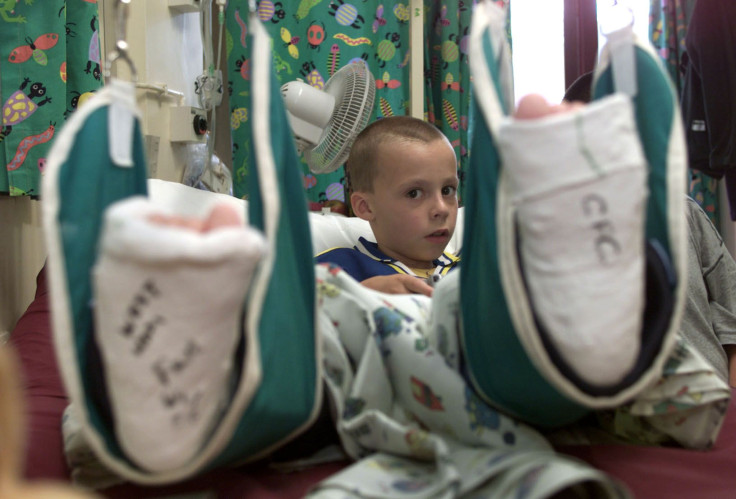What Is Personalized Medicine And Why Is Obama Supporting It With A $215 Million Pledge?

The Obama administration is proposing to create a large database of patient information, including genetic profiles and medical histories, to further research into “precision medicine,” which aims to create customized treatments based on a patient’s genetic makeup and lifestyle choices.
Precision, or personalized, medicine works much the same way that an eyeglass prescription or a blood transfusion is prescribed, based on a patient's exam results or blood type, and proponents believe this line of thinking may be extended to many more areas of medicine.
Jo Handelsman, associate director for science at the White House Office of Science and Technology, has called the $215 million budget allocation for the Precision Medicine Initiative in Obama’s proposed 2016 budget a move away from the “one-size-fits-all” approach to medicine.
Obama's proposal grants $130 million to the National Institutes of Health to launch a national long-term study that will collect biological samples, genetic profiles and electronic health records from at least a million Americans.
Researchers may use an app to track the calorie consumption or environmental health impacts of participants through their smartphones and the database could include everything from their laboratory test results to MRI scans. Patient data will be anonymized and participation is strictly voluntary, the administration says. The system is meant to serve as a reservoir of information that researchers can tap while investigating the nuances of a particular disease in individual patients, or trying to identify genetic trends across treatment groups.
The administration, with its messy record of privacy violations committed in the name of national security, will also grant $5 million to the Office of the National Coordinator for Health Information Technology to build a data system that it says will protect the identities of patients whose information is included in the database. The National Institutes of Health will also host a forum in mid-February to discuss the challenges of creating a national research group to populate the database. Much of the patient information may be pulled from existing studies, according to scientists familiar with the project who spoke on background to Science magazine.
Obama gave researchers a glimpse into his zeal for precision medicine during the 2015 State of the Union address, but he clarified the details Friday. “I want the country that eliminated polio and mapped the human genome to lead a new era of medicine -- one that delivers the right treatment at the right time,” he said in his address.
The Cystic Fibrosis Foundation has long taken this approach to develop customized drugs for small groups of patients who share the same genetic mutation for the disease. The organization worked with Vertex Pharmaceuticals to create a drug called Kalydeco, which treats a mutation present in only 4 percent of patients with cystic fibrosis according to a 2012 study in the American Journal of Respiratory and Critical Care Medicine. This focus on tailor-made medicine has nearly doubled the median life span of patients from 20 years to 40 years.
“This research will dramatically advance our knowledge of diseases, how they originated and how we may prevent or treat them,” Francis Collins, director of the National Institutes of Health, told the Washington Post.
Looking ahead, the administration is anxious to try to apply the same principles that have worked for cystic fibrosis to cancer. Obama’s proposal requests $70 million for the National Cancer Institute to study the genetic underpinnings of several types of the disease, reports the New York Times.
But drugs developed through precision medicine are admittedly expensive because they serve such a small groups of customers – the Washington Post points out that a prescription for Kalydeco costs $300,000 a year.
A $215 million allotment spread across multiple agencies may get the effort started, but it will likely require future investment to make real progress on the administration’s goals. Gianrico Farrugia, chief executive officer of the Mayo Clinic in Florida, told Bloomberg the effort is “a good start.”
Obama’s announcement was his latest in a series of health care related promises he has made for the proposed budget, including a $1.2 billion investment to fight antibiotic resistance.
© Copyright IBTimes 2024. All rights reserved.




















